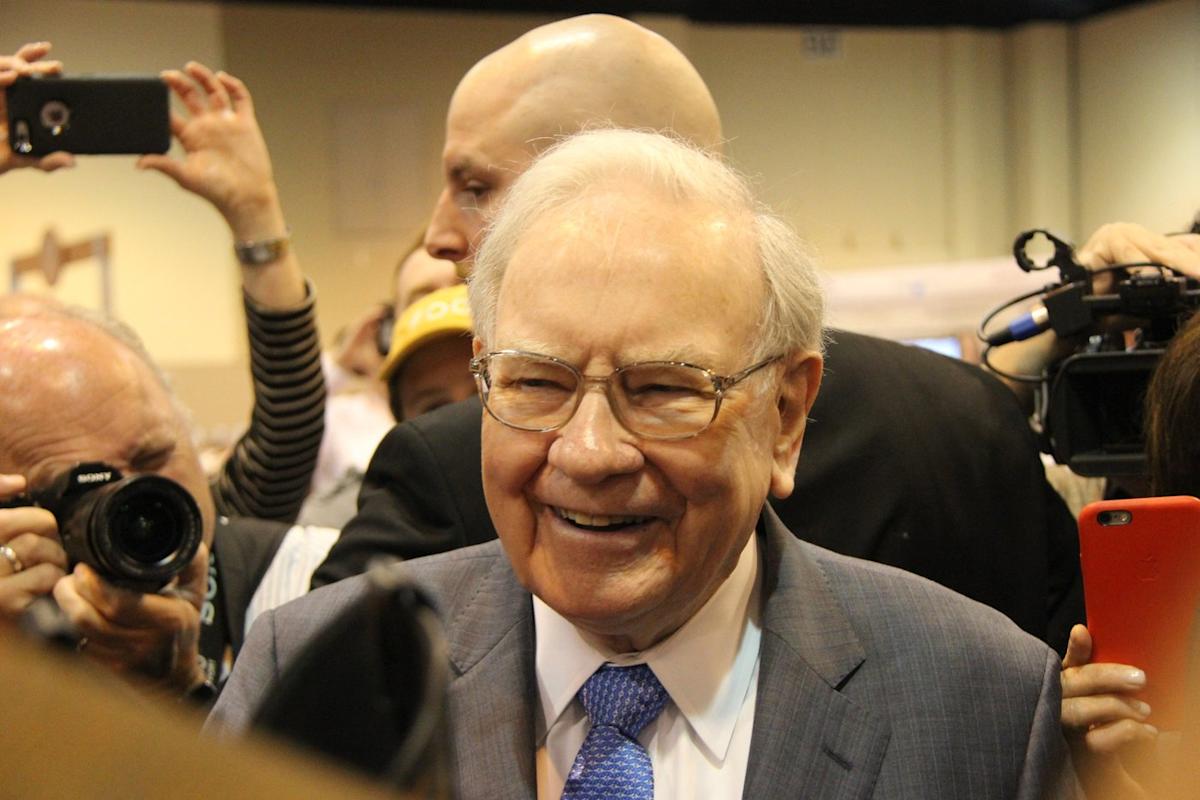
Warren Buffett, widely recognized as one of the most successful investors in history, has announced plans to step down from his role as Chief Executive Officer of Berkshire Hathaway by the end of 2025. This decision marks the conclusion of a storied leadership tenure that began in 1965 and transformed the company into one of the most valuable and respected conglomerates in the world.
Buffett, now in his 90s, steered Berkshire Hathaway through decades of vigorous growth and financial success, applying a patient, value-investing strategy that yielded extraordinary returns. According to company data, an initial investment of $1,000 in Berkshire Hathaway stock in 1965 would be worth approximately $44.7 million today, vastly outpacing the performance of the broader market.
Berkshire Hathaway is known for its wide spectrum of businesses, ranging from insurance (GEICO) and utilities (Berkshire Hathaway Energy) to railroads (BNSF) and large equity stakes in companies like Apple and Coca-Cola. Buffett’s investment philosophy centered on acquiring businesses with durable competitive advantages, managed by able leaders, and purchased at fair prices — a strategy that has been widely studied and revered for decades.
As the announcement reverberates through the financial world, questions about succession and future leadership are gaining attention. Although Buffett’s eventual departure has long been anticipated, official confirmation establishes a timeline for transition. Berkshire has provided few details on his successor thus far, but speculation continues to point to Greg Abel, the vice chairman of non-insurance operations, as the likely candidate to take the helm.
Buffett’s departure will mark the end of an era for shareholders and market watchers alike; his annual letters to shareholders have become a treasured staple in the investment community, renowned for their wit, transparency, and insights into both investing and business ethics.
Despite stepping down as CEO, Buffett is expected to continue playing a role in shaping the company’s overarching philosophy and capital allocation strategies — at least in the near term. His business partner and vice chairman, Charlie Munger, passed away in November 2023 at the age of 99, making this transition all the more significant as it catalyzes a generational shift within the firm’s leadership.
Buffett’s legacy is likely to endure well beyond his retirement. He not only led Berkshire Hathaway to stunning financial heights but also popularized a disciplined and principled approach to investing that continues to influence investors around the world.
Source: https:// – Courtesy of the original publisher.








